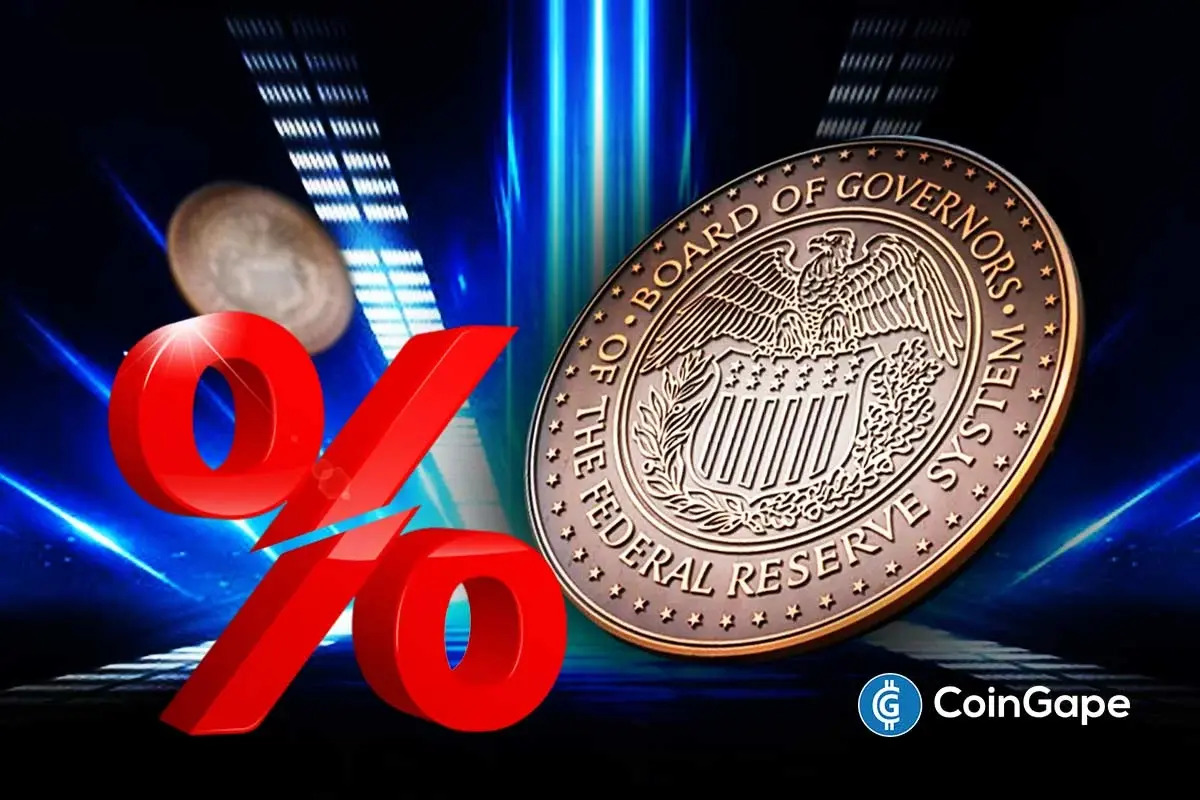Breaking: Visa, Mastercard Block Russian Banks As Per New U.S. Sanctions

Visa and Mastercard, the world’s largest card operators, said they had blocked Russian banks from their networks under new U.S. sanction orders. The two also announced $2 million donations each in humanitarian aid to Ukraine.
Their move comes in the wake of some of the strictest U.S. sanctions against Russia yet, which saw several Russian banks blocked from the SWIFT transaction system. Washington also froze the Russian central bank’s overseas holdings, as well as those of several high-ranking Kremlin officials.
Visa said it was taking swift actions to comply with the new restrictions, while Mastercard said it would continue to work with regulators to fully abide by their requirements. Neither firm specified whether there would be a financial impact from the blacklist.
Exodus from Russia
New sanctions against Russia, over its invasion of Ukraine, has seen several companies cut ties with the country. Recently, British oil giant BP said it was exiting its 20% stake in state-owned Russian peer Rosneft, which could see the former take up to a $25 billion hit.
Shell also said it would exit its Russian operations, which it jointly operates with gas group Gazprom. Exchange operators Nasdaq and Intercontinental Exchange also temporarily halted the trading in the shares of Russia-based companies, Reuters reports.
More potential for crypto?
Visa and Mastercard’s blocking of Russian banks, along with strict sanctions against most local lenders could invite more adoption of crypto, especially by citizens who stand to lose access to conventional finance networks.
International banks, including HSBC, have also said they will curb operations in the country.
Russian crypto trading volumes were already seen surging after the first wave of U.S. sanctions, while the ruble slumped against bitcoin and most major altcoins.
Crypto adoption in Russia was on the rise even before the conflict. A government report had estimated that Russians represent about 12% of the world’s holdings. The country has also been identified as a potential destination for crypto mining, particularly after bans in majors China and Kazakhstan.
Play 10,000+ Casino Games at BC Game with Ease
- Instant Deposits And Withdrawals
- Crypto Casino And Sports Betting
- Exclusive Bonuses And Rewards

- BTC Price Bounces as Spot Investors Buy The Dip Amid Iran War Jitters
- CFTC Chief Mike Selig Signals US Crypto Perpetual Futures Rollout in Coming Weeks
- Fed Rate Cut Odds Drop as Inflation Fears Rise Due To U.S. Iran Conflict
- Here’s Why Tether Gold (XAUt) Price Is Falling Even With Growing Gold Demand
- XRP News: Ripple Expands Payments Platform To Unify Fiat and Stablecoins Globally
- Gold Price Prediction March 2026: Rally, Crash, or Record Highs?
- RIOT Stock Prediction as Needham, Piper Sandler Slash Target After Earnings
- Cardano Price Outlook As Charles Hoskinson Warns Over CLARITY Act
- Circle Stock Price Climbs 15% to $96, Can Rally Continue in March 2026?
- Bitcoin Price Prediction as US-Iran War Enters 4th Consecutive Day
- Top 5 Historical Reasons Dogecoin Price Is Not Rising

 Buy $GGs
Buy $GGs















